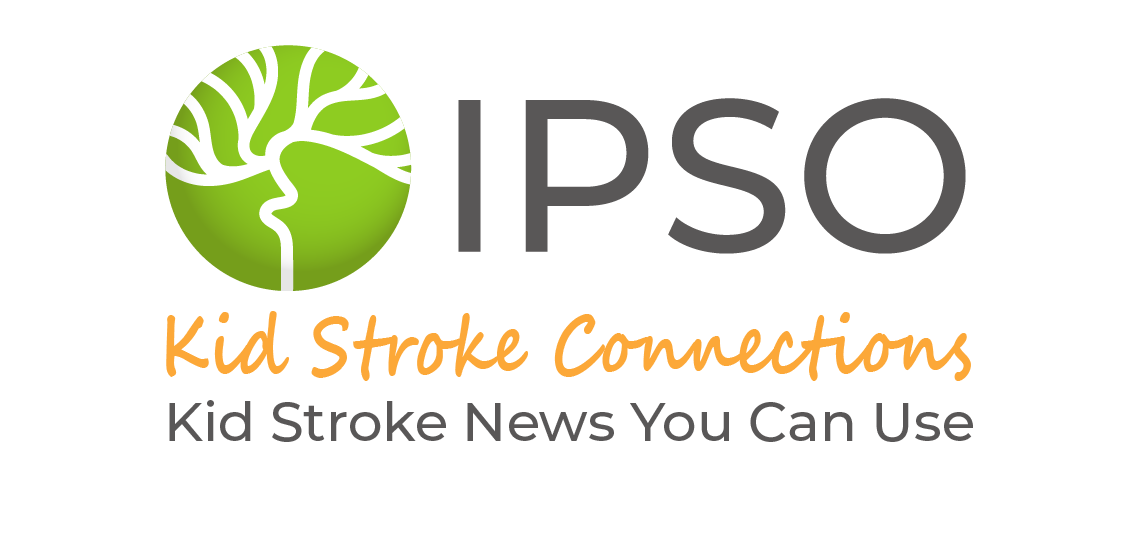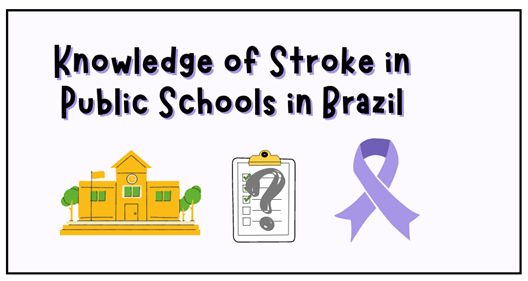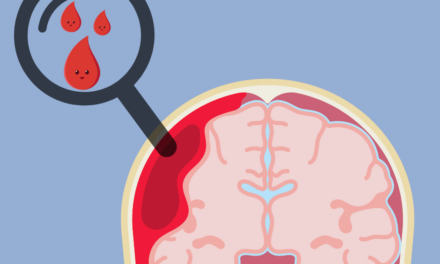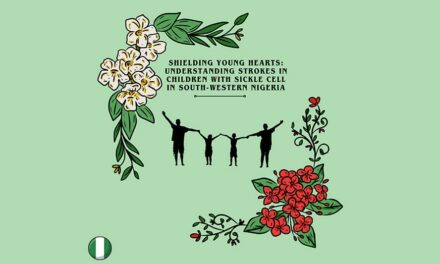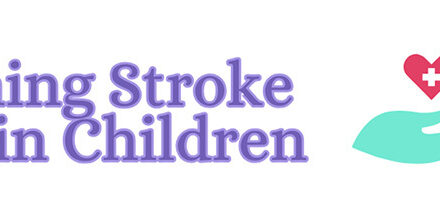A leading cause of death and disability in adults is stroke. However, the burden of stroke can be reduced in most cases if proper steps are taken. Patients and/or caregivers must identify it as a stroke and promptly receive appropriate medical care. The study looked at students in Brazil’s knowledge of stroke, the associated risk factors, the warning signs and symptoms, and the phone number for emergency medical service along with any previous experience with stroke. Previous experience with stroke was defined as witnessing a stroke of a relative/neighbor/friend or having contact with a stroke victim who is a relative/lives in the neighborhood.
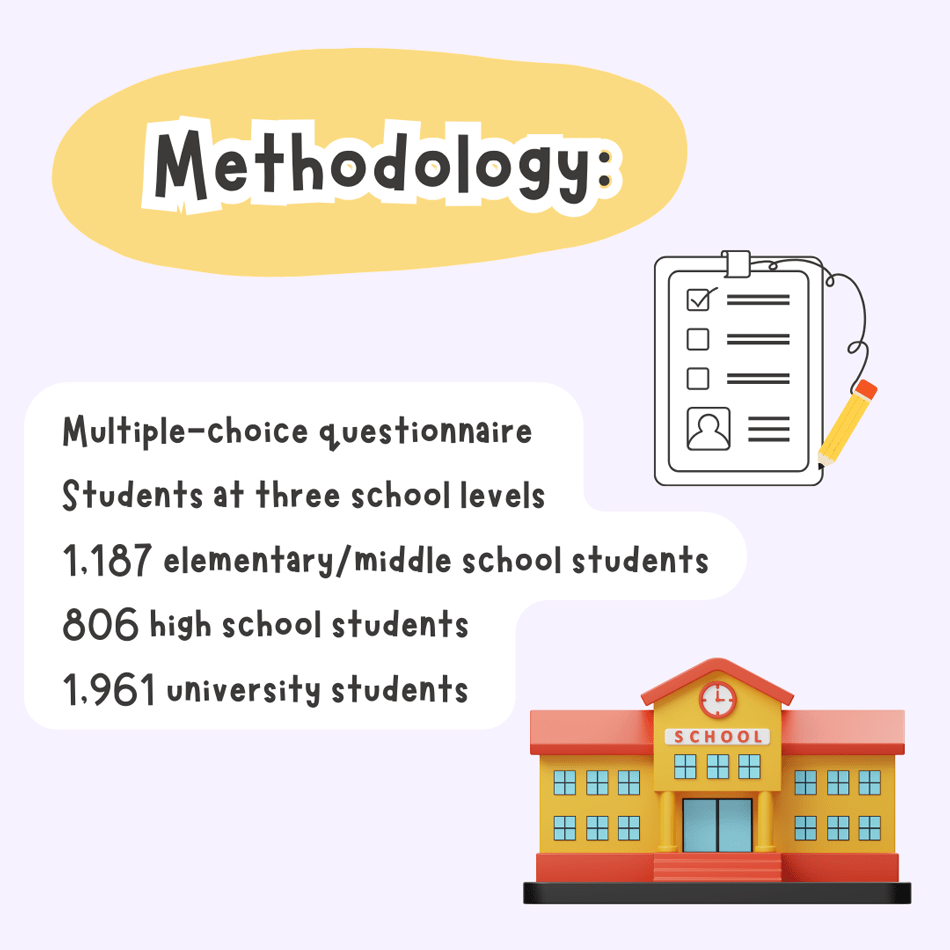 The study was done via a multiple-choice questionnaire given to students at three schooling levels. These levels were elementary/middle school, high school, and university. 1,187 elementary/middle school students, 806 high school students, and 1,961 university students responded to the survey.
The study was done via a multiple-choice questionnaire given to students at three schooling levels. These levels were elementary/middle school, high school, and university. 1,187 elementary/middle school students, 806 high school students, and 1,961 university students responded to the survey.
The students’ knowledge of stroke, associated risk factors, and warning signs and symptoms was between 42-66%. With regards to associated risk factors, fewer than 52% of the students connected stroke with diabetes (high blood sugar), smoking, hypertension (high blood pressure), and hypercholesterolemia (high cholesterol).
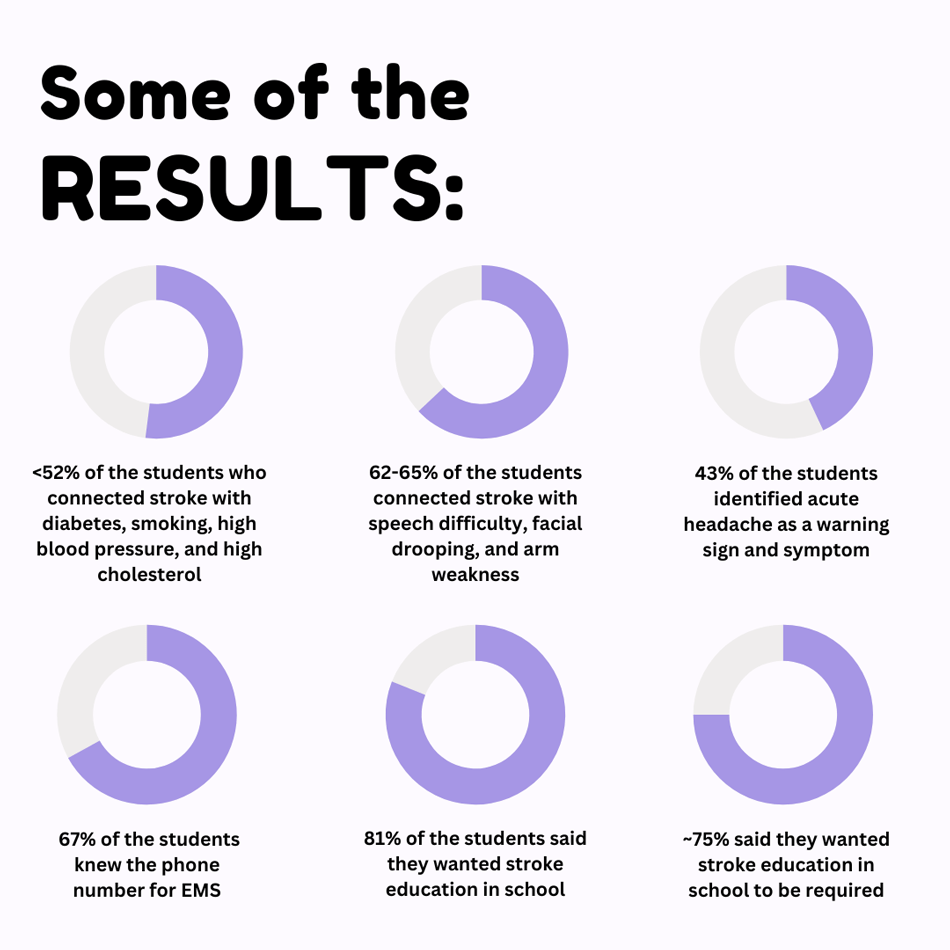
With regards to warning signs and symptoms, 62-65% of the students connected stroke with speech difficulty, facial drooping, and arm weakness. 43% of the students identified acute headache as a warning sign and symptom of stroke. About two-thirds of students knew the emergency medical services phone number. Also, 81% of the students said they wanted stroke education in school and about 75% said they wanted this education to be required.
Finally, this study also reported that being a woman, obtaining higher education, and previous experience with stroke were factors that would make one more likely to be knowledgeable of risk factors, and warning signs and symptoms of stroke. The researchers also concluded that the primary audience for stroke awareness ought to be adolescents and schoolchildren.
Reference, Original Abstract
Calderaro M, Salles IC, Gouvêa GB, Monteiro VS, Mansur AP, Shinohara HNI, Aikawa P, Umeda IIK, Semeraro F, Carmona MJC, Böttiger BW, Nakagawa NK. The lack of knowledge on acute stroke in Brazil: A cross-sectional study with children, adolescents, and adults from public schools. Clinics (Sao Paulo). 2022 Jun 28;77:100052. doi: 10.1016/j.clinsp.2022.100052. PMID: 35777299; PMCID: PMC9253714.
Graphics: Karen Glenn
Medical Editors: Akshat Pai, PhD Candidate
Junior Editor: Ingrid Votruba
